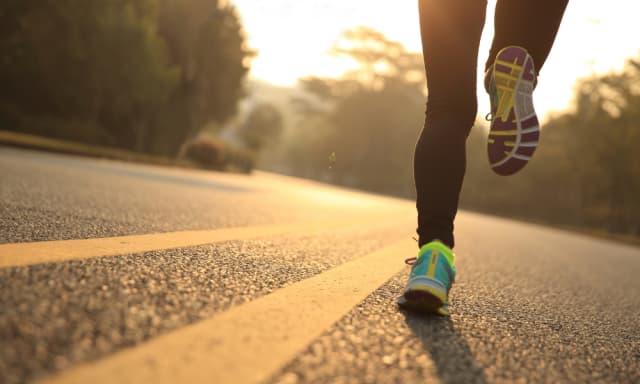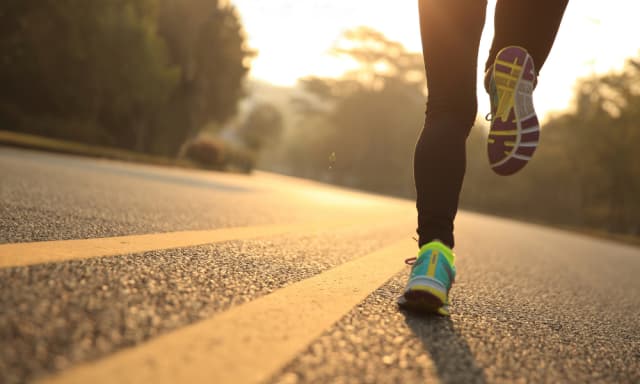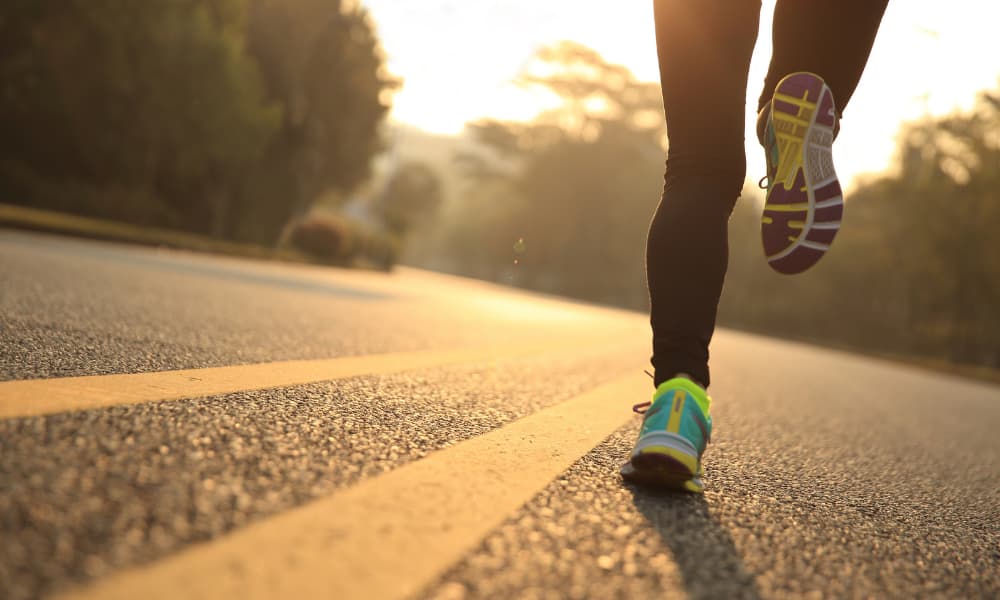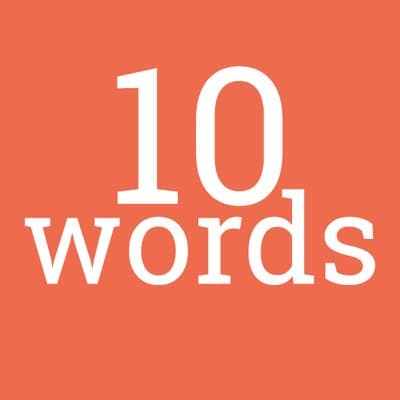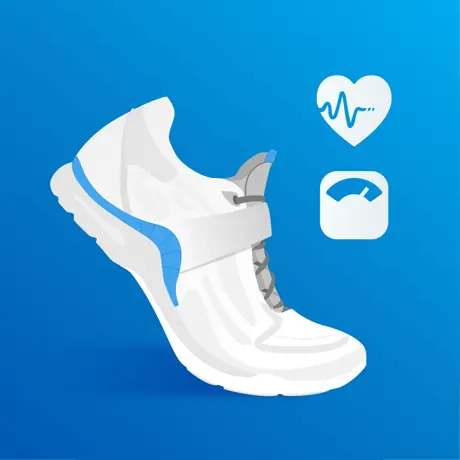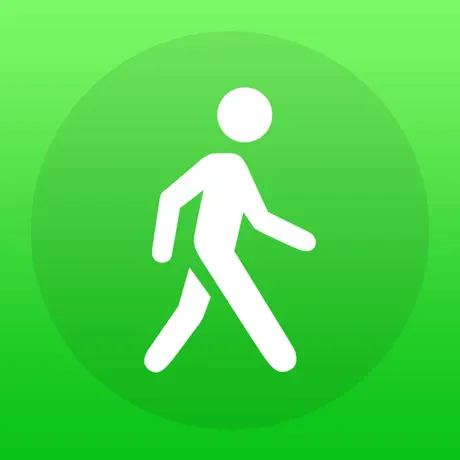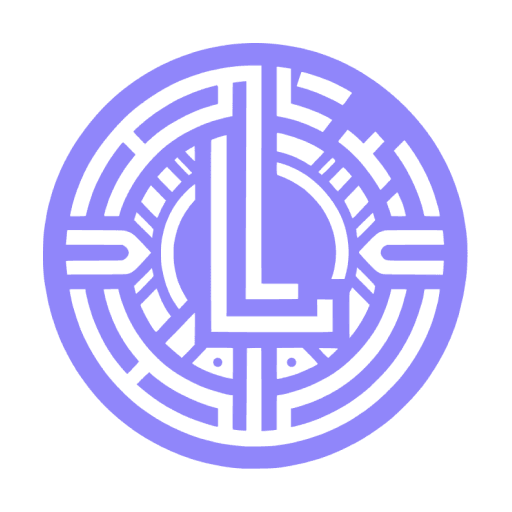The 10k vs. The 5k
The 10k
A bit too long for most people
The 5k
Not too long. Not too short. Just right.
Reviews
Reviewed on 2/28/2024
This is the best distance. When I run recreationally I run 10k - not too long, not too short, just perfect. You get your cardio and with a bit of luck and training you can be done in under an hour.
Reviews
| Item | Votes | Upvote |
|---|---|---|
| No pros yet, would you like to add one? | ||
| Item | Votes | Upvote |
|---|---|---|
| No cons yet, would you like to add one? | ||
| Item | Votes | Upvote |
|---|---|---|
| No pros yet, would you like to add one? | ||
| Item | Votes | Upvote |
|---|---|---|
| No cons yet, would you like to add one? | ||
Frequently Asked Questions
The 5k is often considered a more approachable race distance for beginners and those looking for a shorter, more intense run. It is not too long and not too short, making it a popular choice for many runners. On the other hand, the 10k offers a longer challenge that can provide a great cardio workout and is often preferred by those who run recreationally and are looking for a perfect balance between distance and time.
The 10k is a running distance of 10 kilometers (approximately 6.2 miles). It is a popular race length for both recreational runners and competitive athletes.
Pros of running The 10k include a balanced distance that provides a good cardio workout without being overly exhausting. Many find it to be the perfect length for regular training and can usually complete it in under an hour with some luck and training. Cons may include that it can be a bit long for those who are just starting or who prefer shorter distances.
The 10k can be suitable for beginners, especially those who have some running experience or are willing to train gradually. It offers a challenging yet achievable goal for those looking to improve their fitness and stamina.
The time it takes to run The 10k varies depending on a runner's fitness level and experience. Many recreational runners aim to complete it in under an hour, while elite athletes may finish in around 30 minutes.
'The 5k' is a popular running event that covers a distance of 5 kilometers (3.1 miles). It is considered an ideal race for both beginners and experienced runners because it is not too long and not too short, making it a balanced challenge.
Running 'The 5k' offers several benefits, including improving cardiovascular health, increasing endurance, and providing a manageable goal for both new and seasoned runners. It also serves as a great way to participate in community events and can be a stepping stone to longer races.
While 'The 5k' is generally accessible and beneficial, it may not provide enough of a challenge for some experienced runners looking for longer distances. Additionally, those with certain health conditions or injuries should consult with a medical professional before participating.
Preparation for 'The 5k' includes regular running practice, a balanced diet, proper hydration, and adequate rest. Beginners may benefit from following a structured training plan, which gradually increases running distance and intensity over several weeks.
